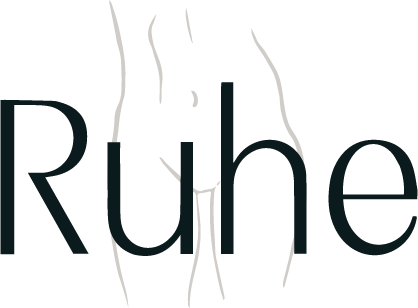As the year draws to a close, it’s generally a time for reflection. We like to look back over the good and the bad then plan for the year ahead. For many of us, this takes the form of resolutions – promises we make to ourselves to banish bad habits, create good ones, and to hopefully be better versions of ourselves.
The practice is pretty popular. One out of two of us make New Year’s resolutions. It’s also has a long history dating back to ancient religious and spiritual practices. The Babylonians and Romans made deals with their gods when they needed things or assistance. Medieval knights took a vow of chivalry each year during the Christmas season. Christians make sacrifices during Lent and during the Jewish New Year, people seek absolution for any wrongs they may have done to others and to start the year with a clean slate.
No matter how hard we work, how kind we are, how well we care for ourselves or others, there’s always room for improvement in some area of our lives. It probably won’t come as a surprise to most people that the number one resolution people make is to improve physical health through exercise and a healthier eating. The second most popular resolution is to improve our mental wellbeing with more kindness, patience, less anxiety and more planning and organization. That these two ideas are so popular speaks volumes about what we value and desire in our personal lives.
If most of us are resolving to treat our bodies better then we either have unrealistic expectations or we are living far below the physical standards that we should be living up to.
There’s a long-held idea that when trying to adopt new habits, the magic number is 21. According to decades old research done by Dr. Maxwell Maltz, it took a minimum of 21 days to adjust to new ways of thinking and being. In a wonderful blog by James Clear who writes about behavioural psychology, this idea has recently been debunked. It actually takes three times the amount of time for a habit to be entrenched into our routines – or as proven in study by Phillipa Lally published in the European Journal of Psychology it takes 66 days for a habit to become automatic.
Two months may seem like a long time to make something stick. It may seem like it takes tons of determination and stamina, but look at the result. If you can manage to stick with your new habit for two months, it is more likely to become a definitive part of your daily routine. That’s a small commitment for a lifetime of improved physical and mental health.
As for our resolutions, we resolve to continue building a space where people can improve their physical balance, strength and flexibility through a range of movement practices. And if we can play a small part in helping you keep your resolutions, that will help us keep our resolutions to be a meaningful part of your life and this community.
Happy New Year from the team at Framewrk.ca
